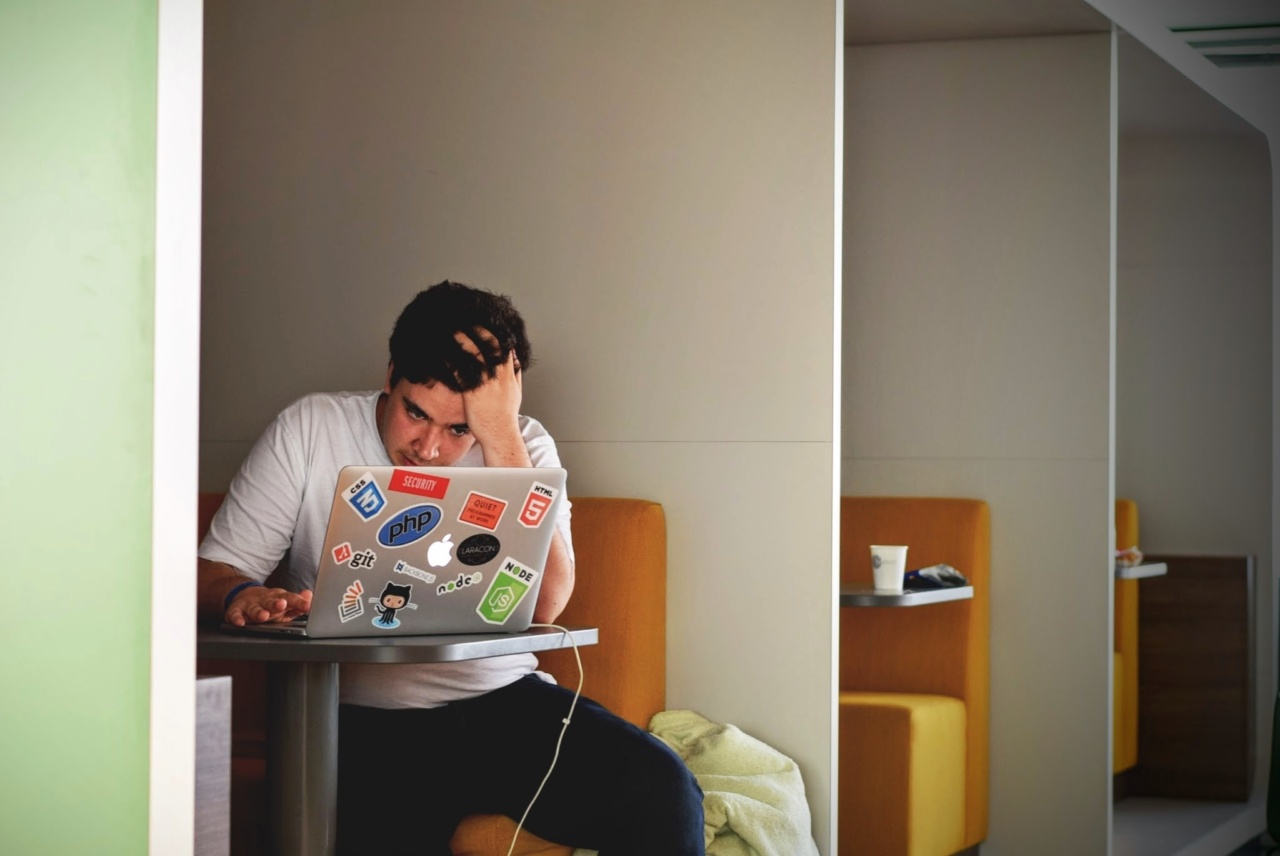As we grow up, we are expected to take on more responsibilities and become independent. However, in recent years, the burden of adulthood has become increasingly difficult to bear.
This is especially true for two generations that are struggling to keep up. In this article, we will explore the curse of adulthood and how it is affecting millennials and Gen Z.
The Millennial Generation
Millennials, those born between 1981 and 1996, are often referred to as the “burnout generation.” Many millennials have experienced the pressure to achieve success from a young age.
They were raised in a time of economic prosperity, with the belief that if they worked hard enough, they could achieve anything they desired.
However, the reality has been quite different. The job market has become increasingly competitive, and many millennials have had to work multiple jobs to make ends meet.
In addition, the cost of living has skyrocketed, making it difficult for young people to save money and build a stable future for themselves.
The pressure to succeed has taken a toll on millennials’ mental health. Many suffer from anxiety and depression due to the constant stress of trying to meet societal expectations.
The rise of social media has only made things worse, as millennials are bombarded with images of others’ seemingly perfect lives.
Generation Z
Generation Z, those born between 1997 and 2012, have also been feeling the burden of adulthood.
They are often referred to as the “loneliest generation,” as they have grown up in a world where social media has become the primary means of communication. While they are connected to thousands of people online, they may not necessarily have close relationships in real life.
In addition, Gen Z has grown up in a time of political and social unrest. They have seen the effects of climate change firsthand and feel a sense of powerlessness in the face of systemic issues like racism and income inequality.
They are also facing a job market that is more uncertain than ever.
The Rise of Burnout
Both millennials and Gen Z are facing a common enemy: burnout. Burnout is defined as a state of emotional, physical, and mental exhaustion caused by excessive and prolonged stress.
The pressure to succeed, coupled with the never-ending demands of modern life, has left many young people feeling overwhelmed and depleted.
Studies have shown that burnout can have serious consequences, including depression, anxiety, and even physical health issues like heart disease.
It can also have an impact on one’s work performance, leading to decreased productivity and a lack of motivation.
The Search for Solutions
So how can we combat the curse of adulthood? One solution is to prioritize self-care. This can include practices like meditation, exercise, and spending time in nature.
It can also mean setting healthy boundaries in relationships and learning to say “no” when necessary.
Another solution is for society to recognize the inherent value of rest.
Work-life balance has become a buzzword in recent years, but many employers and institutions have been slow to implement policies that prioritize the well-being of employees and students.
Finally, it is important for us to recognize that we are not alone in our struggles. The more we talk openly about the pressures of adulthood, the less stigma there will be surrounding mental health issues and burnout.
The Future
While the curse of adulthood may seem daunting, it is important to remember that we have the power to create change.
By prioritizing self-care, recognizing the value of rest, and speaking openly about our struggles, we can help alleviate the burden of adulthood.
It is also worth considering that future generations may not have to face the same challenges as millennials and Gen Z.
As society becomes more aware of the negative effects of burnout, we may see a shift towards a more balanced and sustainable way of living. Only time will tell.
Conclusion
The curse of adulthood is a real and pressing issue facing two generations. The pressure to succeed, coupled with the never-ending demands of modern life, has left many young people feeling overwhelmed and depleted.
However, there are solutions available, including prioritizing self-care, recognizing the value of rest, and speaking openly about our struggles. By taking these steps, we can help alleviate the burden of adulthood and create a more sustainable future for ourselves and future generations.































